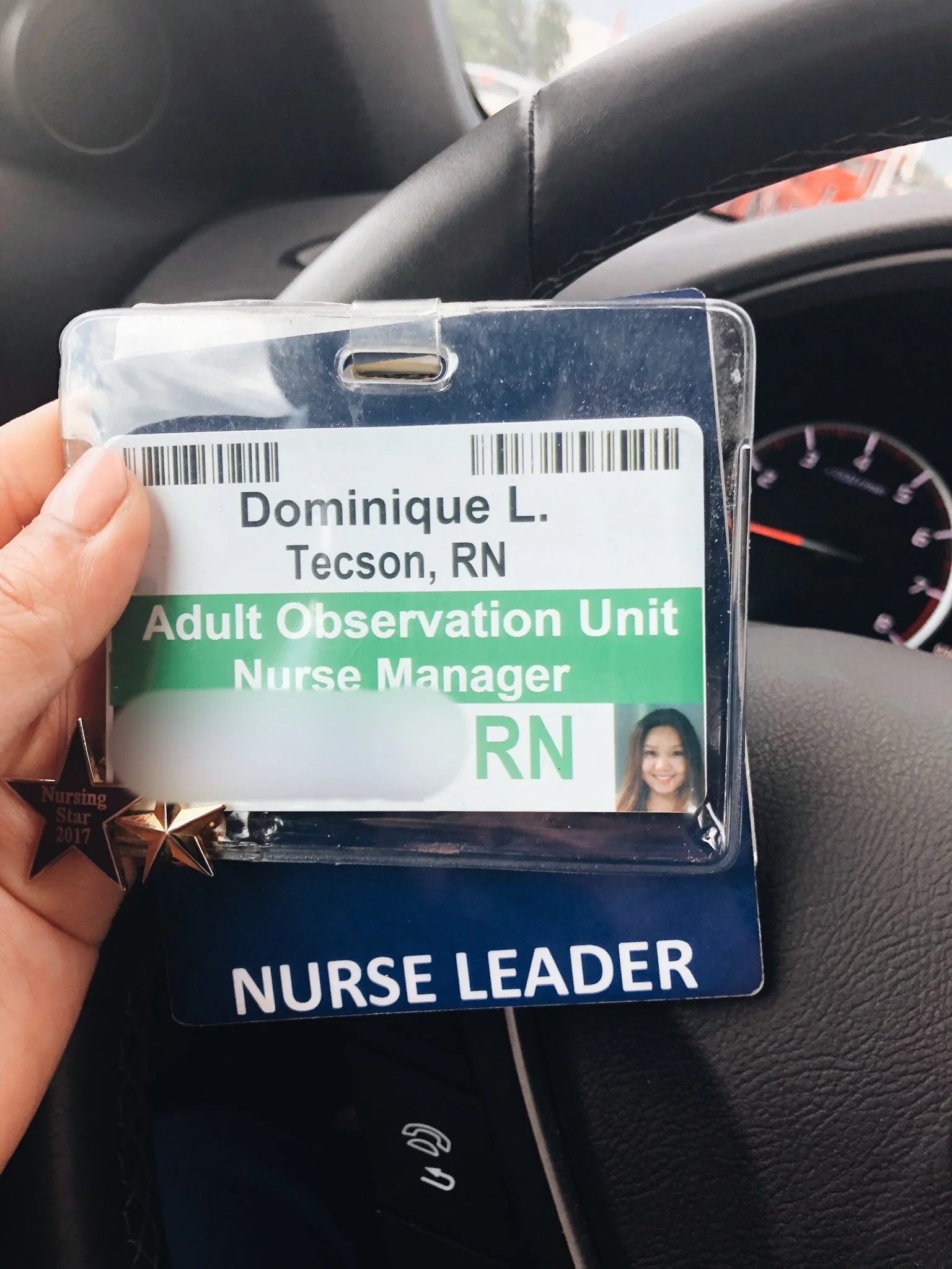If you’re starting nursing school in 2026, congratulations — you’re stepping into one of the most transformative periods in modern nursing education. The profession is evolving rapidly, driven by technology, competency-based learning, and a growing emphasis on holistic, patient-centered care.
Nursing programs are adapting to meet new demands, preparing students not just to memorize facts, but to think critically, advocate for equity, and collaborate across disciplines. Whether you’re beginning your first semester or returning to finish your degree, understanding what’s ahead can make all the difference in your success.
As a nurse leader, educator, and lifelong learner, I’ve witnessed how these changes impact both students and practicing nurses. This guide will help you navigate what to expect in 2026 — and how to thrive while doing it.











